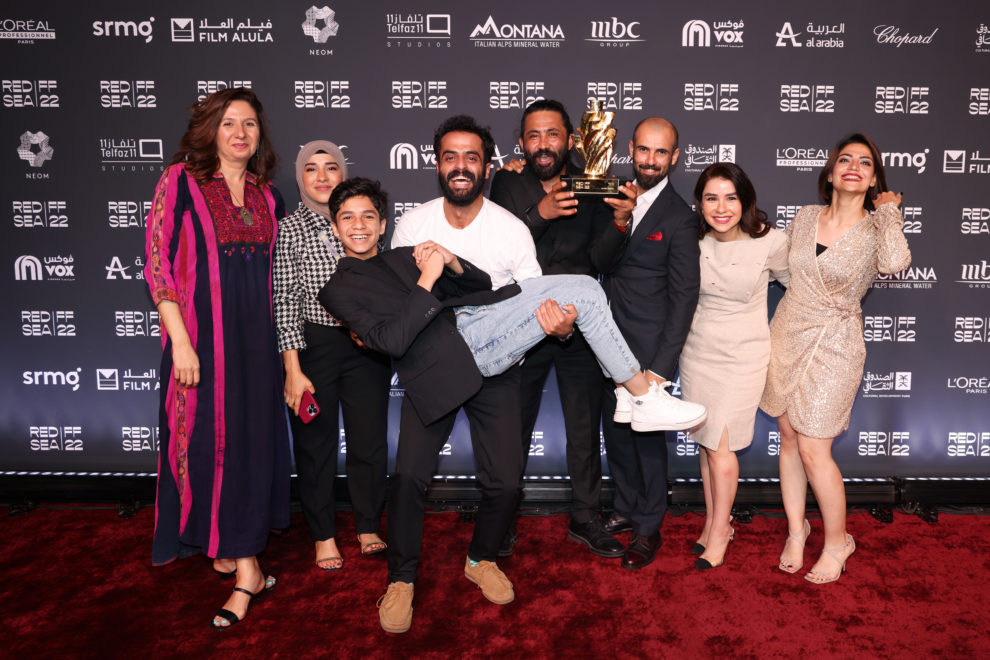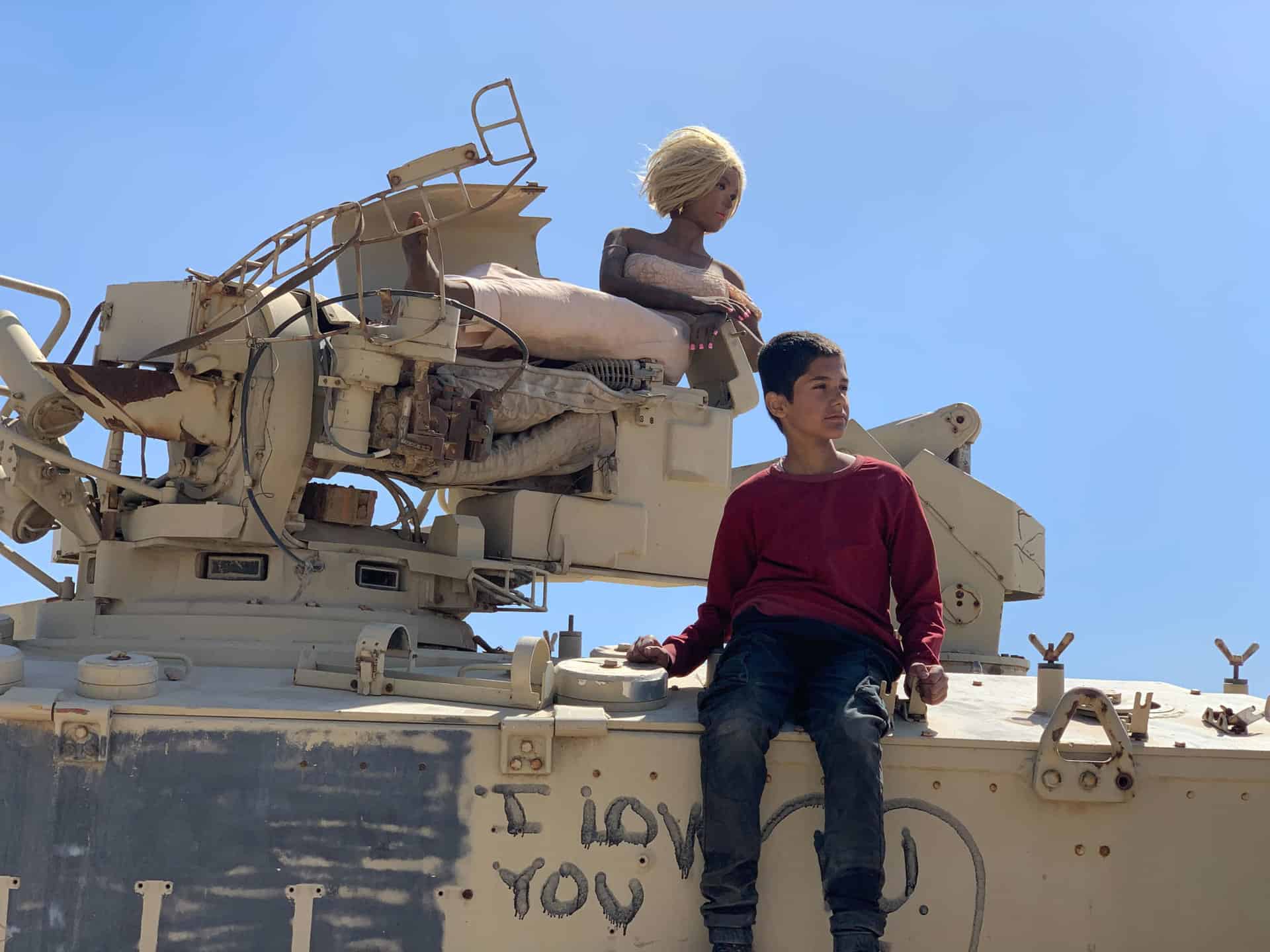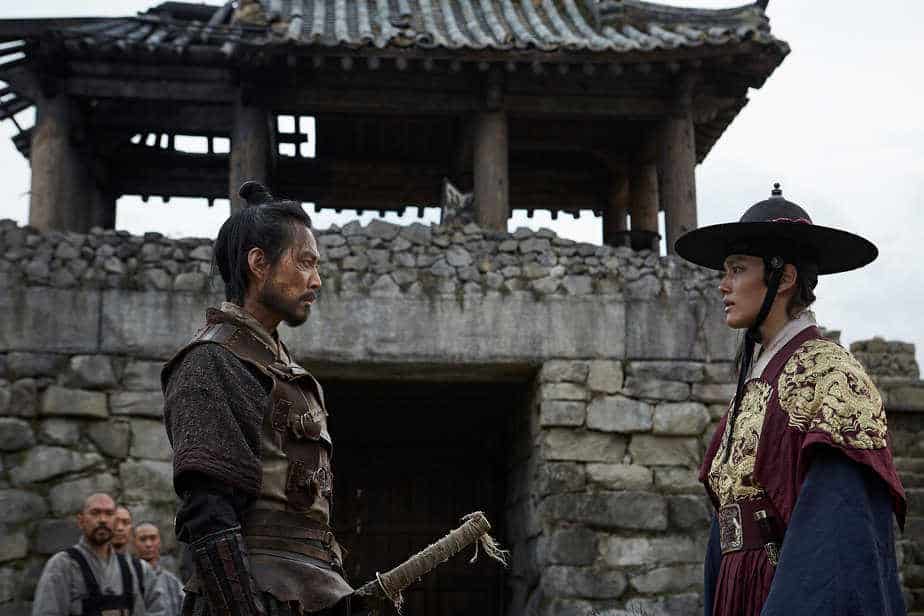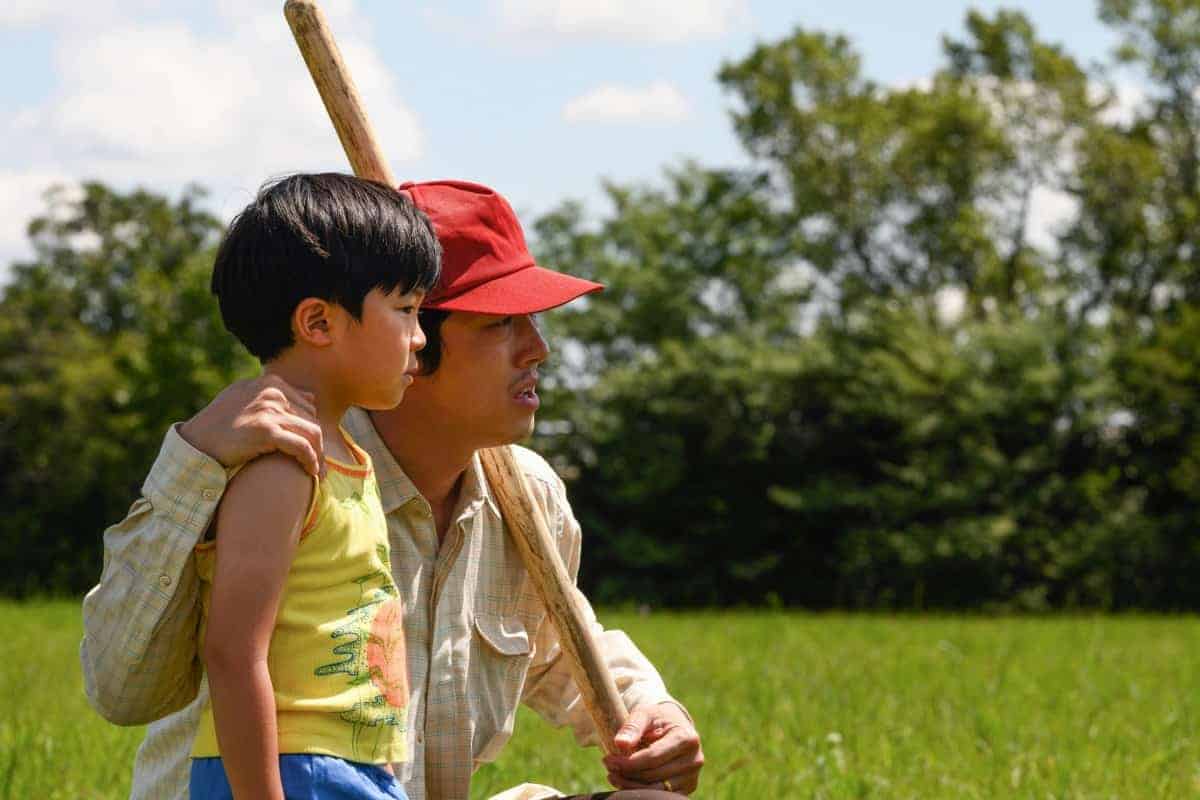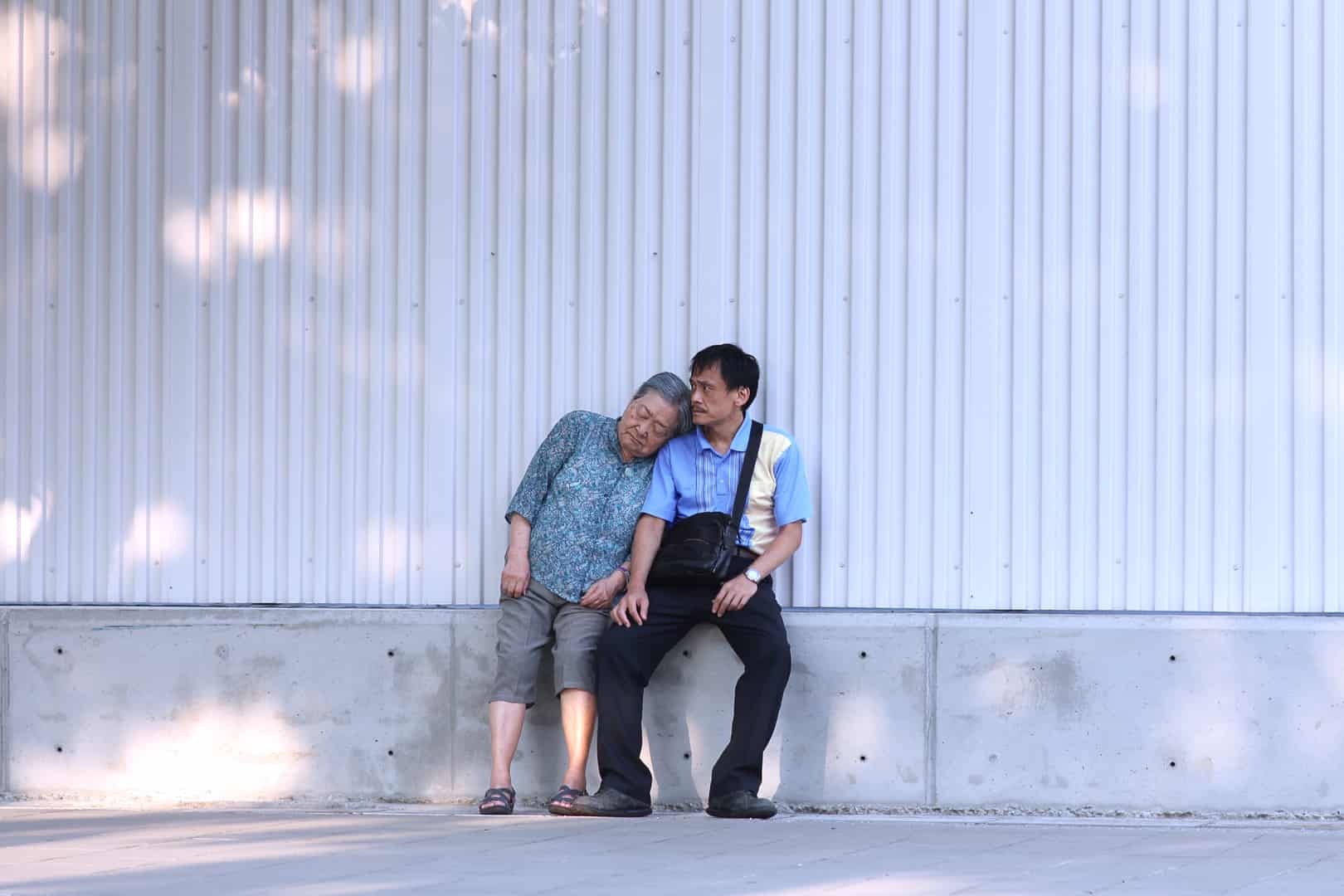Winner of Best Feature Film in last years Red Sea International Film Festival and one of the 20 Best West-Central Asian Films of 2022 in our list in Asian Movie Pulse, “Hanging Gardens” continues its effort to be included in the nominations for the Academy Award for Best International Feature Film, as Iraq's official selection.
As Panos Kotzathanasis wrote about the film last year, Ahmed Yassin Al Daradji creates a film that retains an excellent balance between a coming-of-age movie and a commentary about life in present Iraq, all the while entertaining his audience through both humor and drama. Evidently, the concept of the two young ‘pimps' of a sex doll is what sets the story apart through its uniqueness, but this is just the top of the iceberg of a rather layered narrative that “hides” many of its comments inside its details.
At the same time, Al Daradji has been touring the Asian markets looking for support for his latest project, “Madness and Honey Days, which recently won the MBC Academy/Shahid Award for an Arab project in development or post-production, from Red Sea Souk.
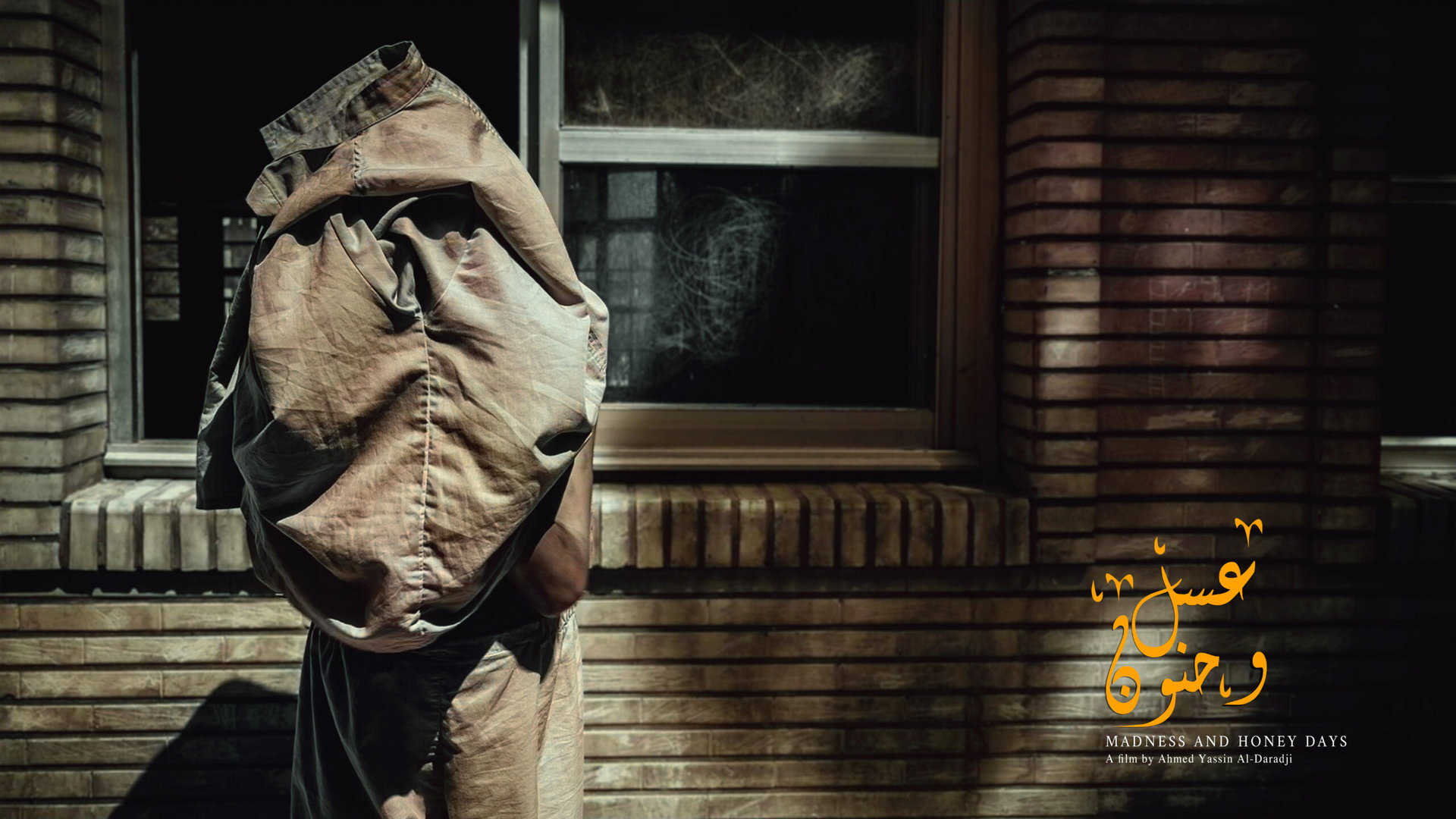
Synopsis
After offending President Saddam Hussein on the stage, 27-year-old theatre director Salem manages to escape death and the punishment of tongue-cutting by convincing the Ba'athist court of his insanity. Embracing madness, Salem spends months exiled inside a Psychiatric hospital, while the execution is lurking outside if the physicians announce him
mentally fit.
While in the hospital, Adyan, a 25-year-old doctor, becomes emotionally drawn to Salem's talent and skills, leading to a surreal love affair between the mad patient and his doctor. Soon, Salem attempts to escape from the hospital but fails. During this time, Adyan uncovers the truth behind his act of insanity. The authorities learn of Salem's escape and try to apprehend and return him to prison. But Adyan saves him, confirming that her patient needs treatment and keeping the learned truth. Salem, trying to maintain his sanity, starts writing a play inspired by Hamlet with the hospital residents as its heroes. Using Shakespearian style, he gathers actors and assigns roles to them.
The play is successfully performed, despite Adyan's manager's ban, and reaches the ears of President Saddam through the Iraqi media coverage of the historical event. The President sends a written recommendation, and the regime starts to take care of the patients. Salem receives a certificate of appreciation – the Presidential acknowledgement of his madness, the document that spares him from the gallows.

Director's Statement
Reality is a fantasy with no validity inside a mental hospital. Therefore, the characters in this film may be beyond imagination, which gives them a great degree of realism.
The surreal scene in which I grew up in Baghdad made me hate playing the role of a victim in this life. I decided to rebel, and now, I play the role of a madman, seeking more modern ways to understand what was happening then and what is happening worldwide today.
Fortunately, I lived 15 minutes from the only psychiatric hospital in Iraq located in Al-Amal neighbourhood. On my way to school and returning home, I used to pass by the hospital building adorned by a giant mural of President Saddam Hussein, to which my older brother Taha used to bow every time believing that the President was a prophet sent by God. n 2003, when Saddam Hussein's regime collapsed, the hospital was subjected to theft and vandalism during the terrifying occupation of American tanks. The hospital residents, men and women, leaked into the streets. The neighbourhood looked like a scene from the Judgment Day, where humans are sent naked to their Creator according to the Islamic tradition.
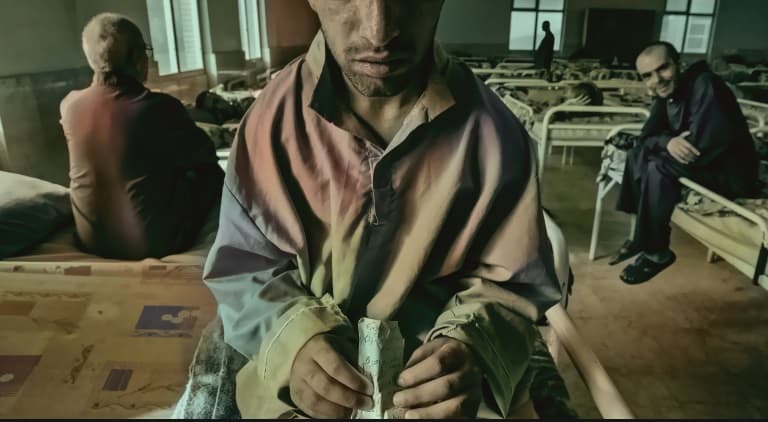
Led by an old man, we decided to launch a campaign to collect them, clean them, and feed them. After many attempts filled with death, we managed to convince the Americans to return those who were with us to the hospital under our care. I will never forget my mother's tears mixed with madness as she prepared their food.
Living next to the hospital during that period was enough to convince me that there are no valid facts in this world, and if there are, they are either accepted or rejected, but not reasonable. This experience led me to explore the problems of the historical and cultural confrontation of the society isolated from the world for 35 years due to the policies of war and dictatorship governed by tribal and religious customs. My goal in this film is to put the audience face to face with the story of people at the highest level of consciousness on whom my characters rely and to what happened in life realistically.
In “Madness and Honey Days”, I try to present a visual feast full of human characters from the perspective of the people of the Al-Amal Psychiatric Hospital in Baghdad in an attempt to rediscover and understand the space of freedom and madness in a different way from what has been presented to the world. Composing poetry and making friendships chaperoned by the mockery of the adoption of my hero Salem the mythical madness beliefs.
Salem is not rogue but is disciplined like a philosopher. Through him, I present one of the most brilliant performances of the war story, which immerses in the condemnation of dictatorships and wars with boldness that the sane envy. The story examines themes of freedom and war and its consequences from a social, philosophical and cultural perspective, that most often has proven that the Arab mind is close to madness.


